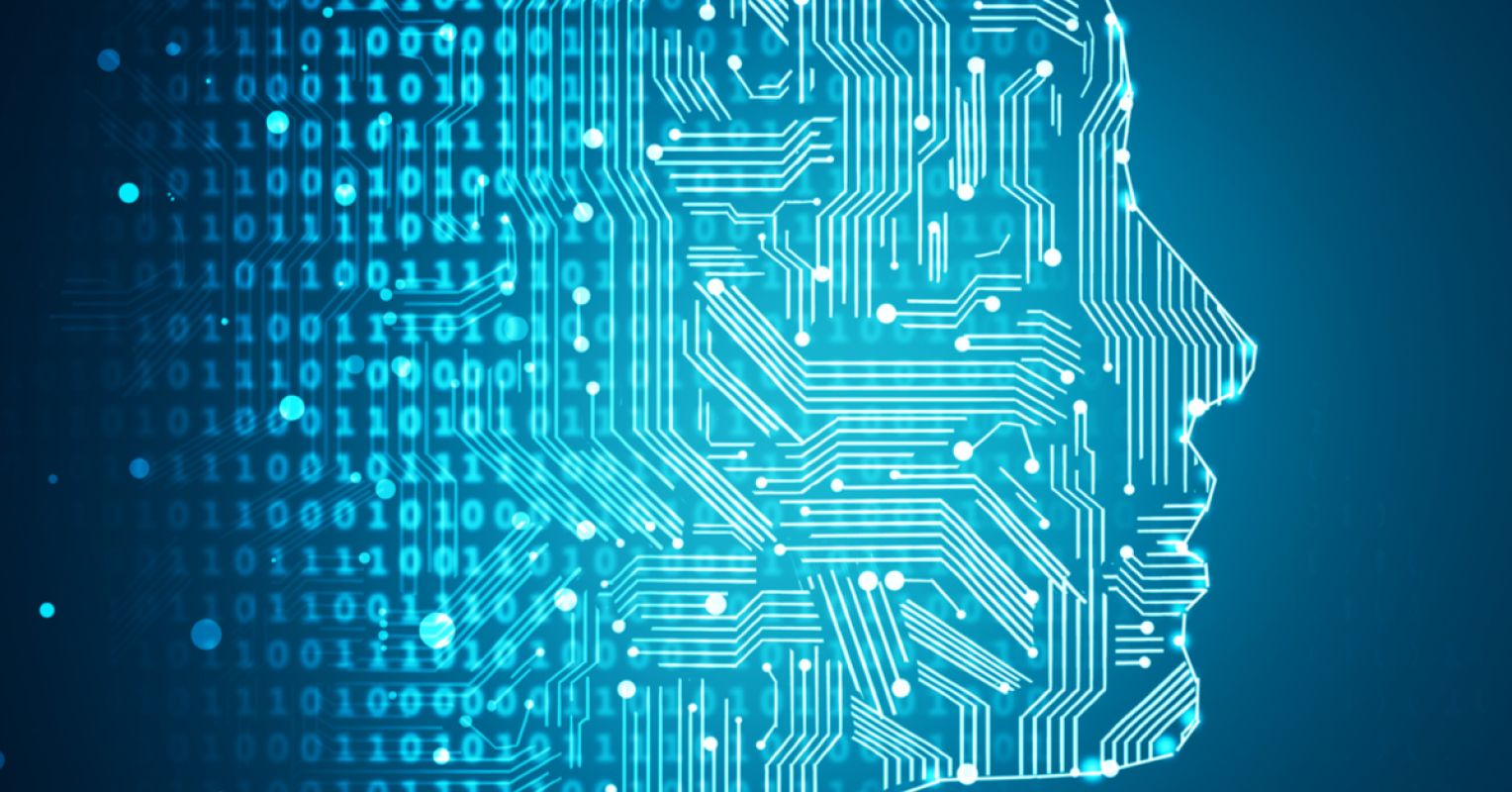
"Long before we had fire at our fingertips or words to explain ourselves, we could picture things that didn't exist yet. That was our first real superpower."
"Imagination decorated the human mind and helped build it. Somewhere around 70,000 years ago, humans started to think differently. Something shifted in our brains."
"Humans became capable of believing in things that weren't physically there, such as laws, spirits, and nations. Those beliefs allowed for cooperation in larger groups."
"Imagination didn’t just help us with hunting or tools; it became a key driver of social connection, adaptability, and progress."
Imagination allowed early humans to envision and create realities beyond immediate existence. This cognitive development, known as the cognitive revolution, transformed human interaction, facilitating cooperation and social cohesion through shared myths and beliefs. By imagining abstract concepts such as laws and nations, humans could form larger groups and trust others beyond their immediate tribes. The ability to mentally simulate scenarios, termed 'mental time travel,' provided strategic advantages in survival and adaptation, proving imagination to be essential for social connection and progress throughout history.
Read at Psychology Today
Unable to calculate read time
Collection
[
|
...
]